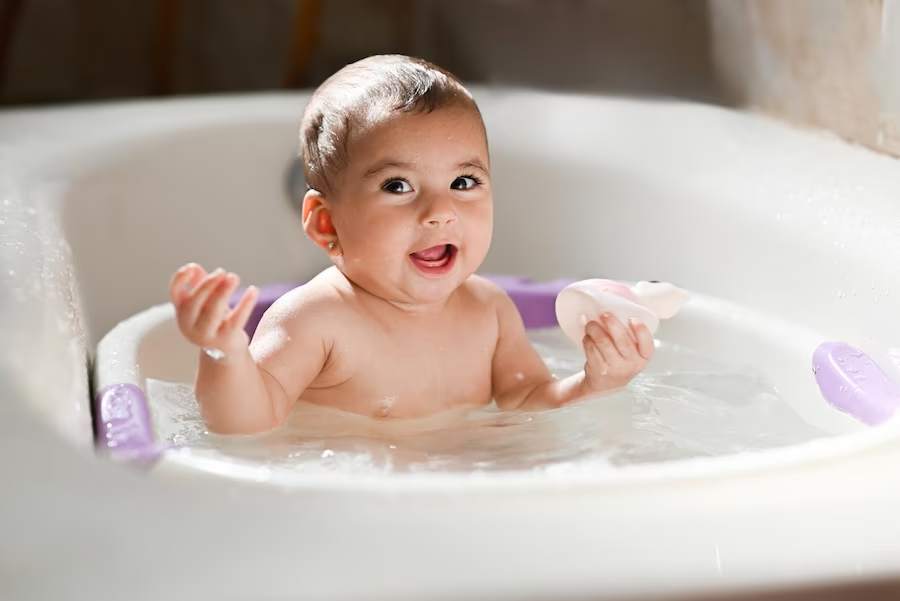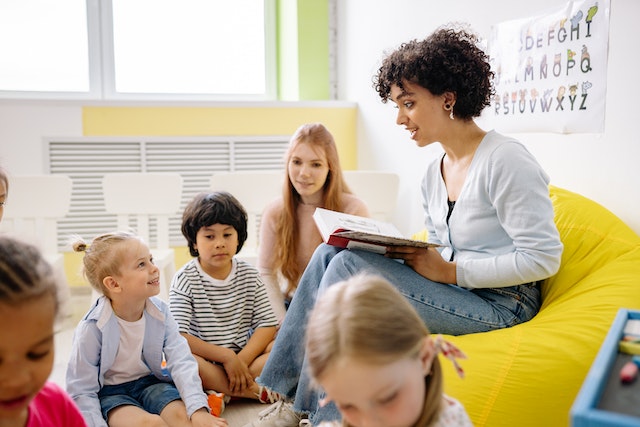Hitting is a common behavior in young children.
Toddlers and preschoolers may hit when they are feeling frustrated, angry, or don’t know how to express their emotions.
While hitting is a normal part of child development, it’s important for parents to teach their children that hitting is not an acceptable behavior.
Here are some tips on how to teach kids not to hit:
Stay calm:
When your child hits, it’s important to stay calm and not react with anger or frustration.
This can help to de-escalate the situation and show your child that hitting is not an appropriate way to express emotions.
Use simple language:
Use simple language to explain to your child that hitting hurts others and is not okay.
Say something like “Hitting hurts people, and we don’t hit others.”
Teach alternative ways to express emotions:
Teach your child alternative ways to express their emotions, such as using words or taking deep breaths when they are feeling frustrated or angry.
Model positive behavior:
Model positive behavior by using words to express your own emotions and not resorting to hitting or other physical behaviors.
Provide consequences:
Provide consequences when your child hits, such as a time-out or loss of a privilege.
Make sure to explain why they are receiving the consequence and how they can avoid it in the future.
Praise positive behavior:
Praise your child when they express their emotions in a positive way, such as using words instead of hitting.
This can help to reinforce positive behavior and encourage your child to continue using these strategies.
Seek professional help if needed:
If your child’s hitting behavior persists or becomes more severe, consider seeking professional help from a child psychologist or behavior therapist.
In conclusion,
Hitting is a normal part of child development, but it’s important for parents to teach their children that hitting is not an acceptable behavior.
Stay calm, use simple language, teach alternative ways to express emotions, model positive behavior,
provide consequences, praise positive behavior, and seek professional help if needed.
With patience and consistency, parents can help their children learn to express their emotions in a healthy and positive way.
![]()











